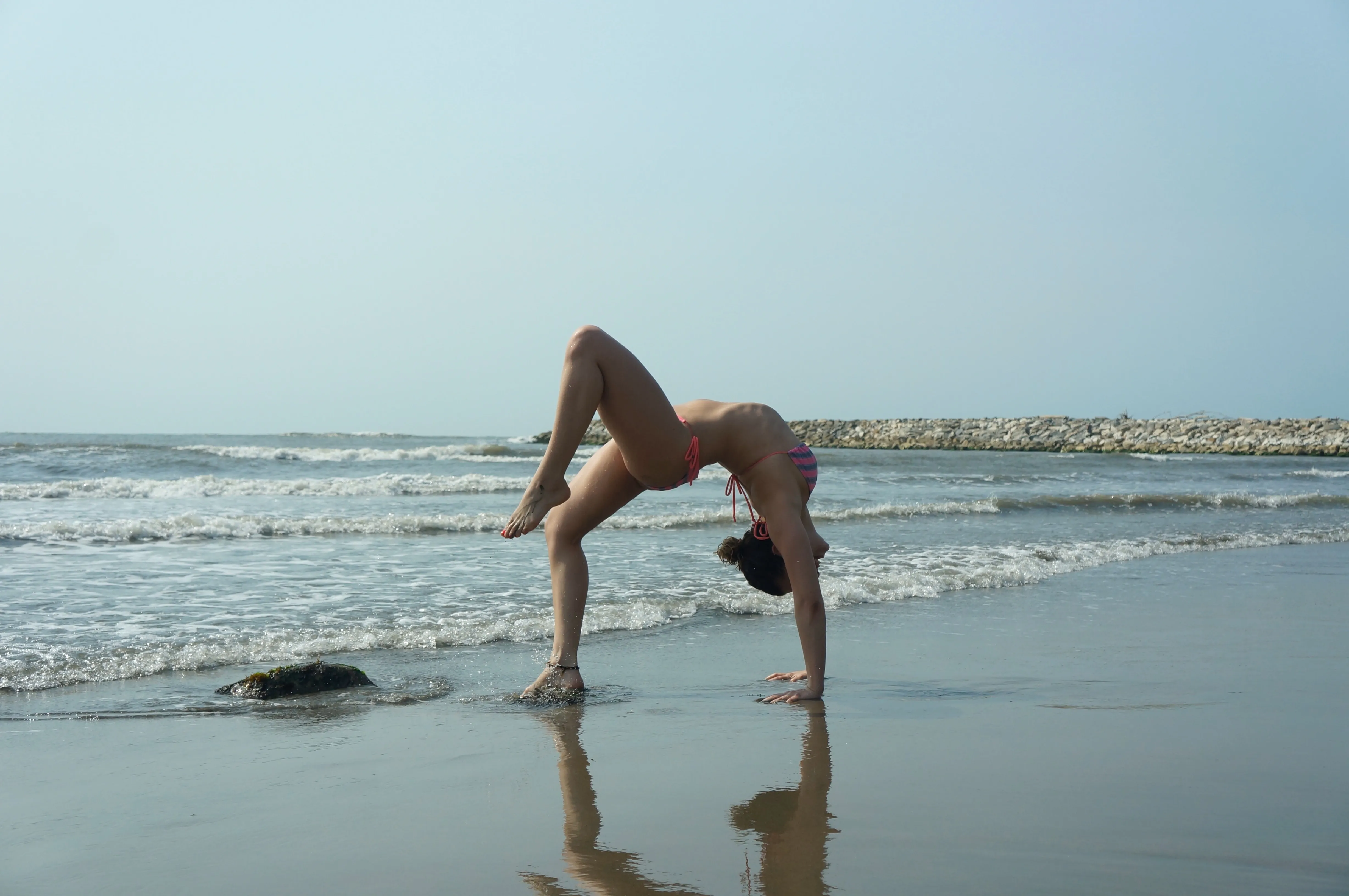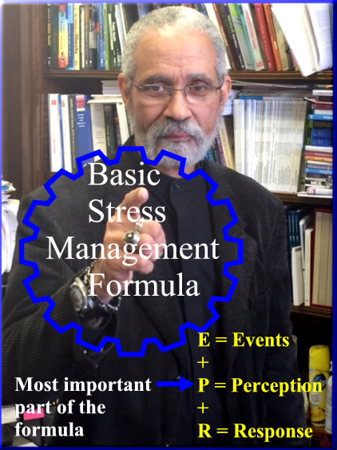Five (5) Reasons Meditation Should Be a Fundamental Life Skill
Introduction
To start off, let’s define what life skills we’re missing and how we can bring them back into our lives. We all have different opinions on what constitutes a fundamental life skill, but no one disagrees on how vital they are to our lives.
There are 5 basic essential life skills that help us survive and prosper in this modern day and age:
· Stress management
· Focus
· Patience
· Self-control
· Mental flexibility
These skills help us develop wise decision and build self-confidence. They also guide us through stressful situations while developing solid time management and effective communication skills.
Now that we know what life skills we need; how can we use meditation to improve on them and incorporate them into our everyday lives? ‘Meditation is good for you’ is something you’ve probably heard often.
But how can the direct practice of meditation develop these skills and allow us to become the best versions of ourselves? Read on to find out.
3. Boosting your sense of well-being. When you embark on a path of well-being, your mood is uplifted. You accept yourself for who you are, without trepidation or fear. Your kindness and empathy towards others increases. A mental and physical well-being leads to a positive outlook and a sense of optimism.
4. Decreased depression and anxiety. Engaging in regular meditation sessions is like giving your brain an instructional manual on how to handle stressful situations. It prepares you to deal with stress by learning how to ‘relax at will’ which is very effective at reducing the adverse reactions of stress. One of the main advantages of meditation is that it emphasizes on the process, rather on the end result. This technique fosters mindfulness as well as patience – both excellent tools that combat anxiety.
5. Enhanced immune system. Relaxation techniques improve the production of mitochondrial energy reduces stress which makes the immune system more resilient in the face of diseases. And with stress levels on the low, the body brain doesn’t release as much cortisol, allowing the body to become impervious in the face of viruses and bacteria.
A smarter brain. Meditation, even if it’s for only 5 minutes per day, does wonders for the brain by increasing the density of its gray matter which is responsible for our cognitive functions, our ability to retain information and decision making. Meditation also fosters creativity, increases our concentration skills and improves our ability to be attentive and notice details.
5. A stronger body. The relaxation techniques practiced in meditation helps form nitric oxide which opens blood vessels, thus restoring blood pressure to normal levels and reducing the need for medication. Also, the risk of Alzheimer’s, stroke, heart disease, and a range of other inflammatory, chronic diseases, is reduced by almost 48%.
Conclusion
Finally, numerous studies have been carried out on millions of practitioners which all confirm the same finding: for a healthy, well-balanced lifestyle, meditation is essential. It helps prevent diseases; it makes you happy and keeps you strong, emotionally, psychologically and physically.














